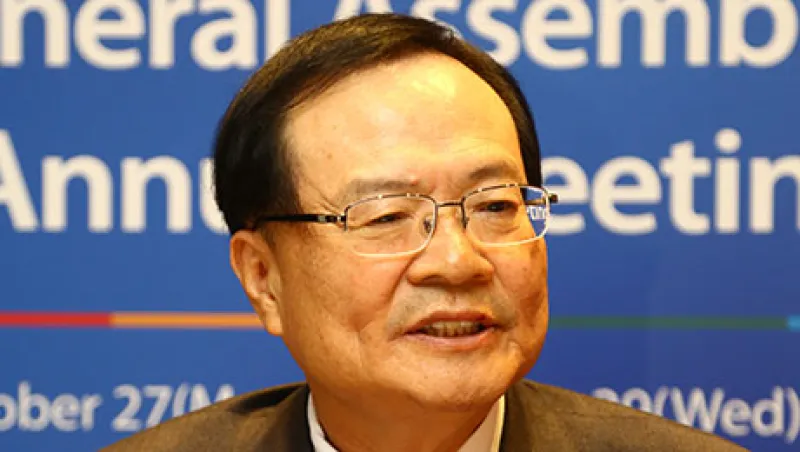
Korea Exchange Aims to Expand via Stakes in Smaller Players
In a bid to stay competitive, the world’s 15th-largest stock exchange, led by Kyungsoo Choi, is buying into its counterparts in Central Asia and elsewhere.
Allen T Cheng
March 13, 2015


